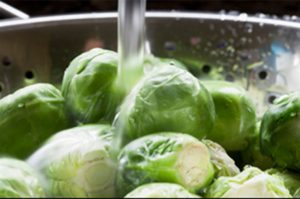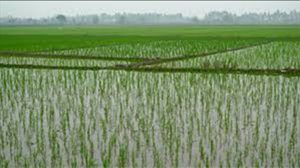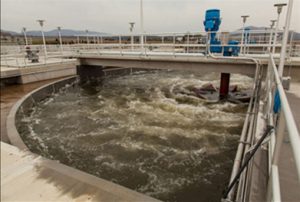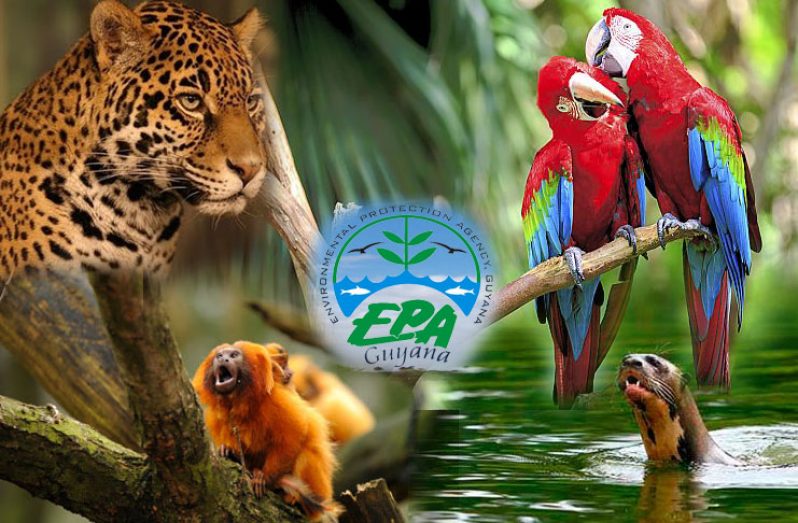Water is life! How often have you heard this slogan? It is probably one of the most popular slogans, yet, its relevance is undermined.. Therefore, the United Nations has designated March 22 to be celebrated as World Water Day to remind us of how crucial freshwater is to our survival. More importantly, the observance of this day is geared at raising awareness on the sustainable management of our freshwater resources. Celebrated under the theme ‘Why Wastewater?’ This theme is linked to the Sustainable Development Goal 6.3 which advocates ‘By 2030, improve water quality by reducing pollution, eliminating dumping and minimising release of hazardous chemicals and materials, halving the proportion of untreated wastewater and substantially increasing recycling and safe reuse globally’.
Globally, the vast majority of all the wastewater from our homes, cities, industry and agriculture flows back to nature without being treated or reused. This results in pollution of water used for drinking, bathing and irrigation. Considering that, only 1% of the 3% freshwater is usable urgent action is necessary to address this issue. This is why it is important to have strategies and technologies in place to reduce and even recycle/reuse wastewater, whether in homes, industries or agriculture.
Reducing wastewater at home
 At home, simple strategies to reduce water include turning off taps when not in use, fixing leaking pipes, and taking shorter showers. Wastewater in the home, commonly referred to as ‘greywater’, can be reused for watering plants, cleaning shoes, flushing the toilet, cleaning yard, among other household chores.
At home, simple strategies to reduce water include turning off taps when not in use, fixing leaking pipes, and taking shorter showers. Wastewater in the home, commonly referred to as ‘greywater’, can be reused for watering plants, cleaning shoes, flushing the toilet, cleaning yard, among other household chores.
N.B. Greywater is gently used water from your bathroom sinks, showers, tubs, and washing machines. It is not water that has come into contact with feces, either from the toilet or from washing diapers.
Reducing wastewater in agriculture
 In agriculture, the use of chemical fertilisers and pesticides are a potential source of environmental pollution. The use of untreated or inadequately treated wastewater for irrigation is a major issue in many developing countries where such irrigation is practiced. If applied safely, wastewater is a valuable source of both water and nutrients, contributing to water and food security and livelihood improvements.
In agriculture, the use of chemical fertilisers and pesticides are a potential source of environmental pollution. The use of untreated or inadequately treated wastewater for irrigation is a major issue in many developing countries where such irrigation is practiced. If applied safely, wastewater is a valuable source of both water and nutrients, contributing to water and food security and livelihood improvements.
Reducing Wastewater in Agriculture
 In industries, wastewater is a potential resource and its use, or recycling after suitable treatment, can provide economic and financial benefits. Businesses can directly use some wastewater, providing it is fit for purpose. For instance, using process water for cooling or heating, or rainwater from roof collection for toilet flushing, irrigation or vehicle washing.
In industries, wastewater is a potential resource and its use, or recycling after suitable treatment, can provide economic and financial benefits. Businesses can directly use some wastewater, providing it is fit for purpose. For instance, using process water for cooling or heating, or rainwater from roof collection for toilet flushing, irrigation or vehicle washing.
While the introduction of wastewater recycling systems can be expensive, it is important to note that the costs of wastewater management are greatly outweighed by the benefits to human health, economic development and environmental sustainability.
With Guyana progressively walking the ‘green’ path, this is one initiative that needs to be promoted and adapted across society, providing new business opportunities and creating more ‘green’ jobs.
While Guyana Water Inc. is responsible for freshwater use in Guyana, the EPA plays a vital role in ensuring that poor environmental practices do not compromise the quality and quantity of available freshwater. This year’s theme is especially pertinent since untreated wastewater can contribute to a number of environmental issues.
On this World Water Day, let’s take steps to reduce our Wastewater. Remember freshwater is not as abundant as you think!
Sources
• http://www.who.int/water_sanitation_health/news-events/world-water-day-2017/en/
• http://indicators.report/targets/6-3/
• http://www.unwater.org/campaigns/world-water-day/en/
• http://www.worldwaterday.org/theme/
• https://greywateraction.org/contentabout-greywater-reuse/
C/O EIT Division, Environmental Protection Agency, Ganges Street, Sophia, GEORGETOWN, or email us at: eit.epaguyana@gmail.com



.jpg)








